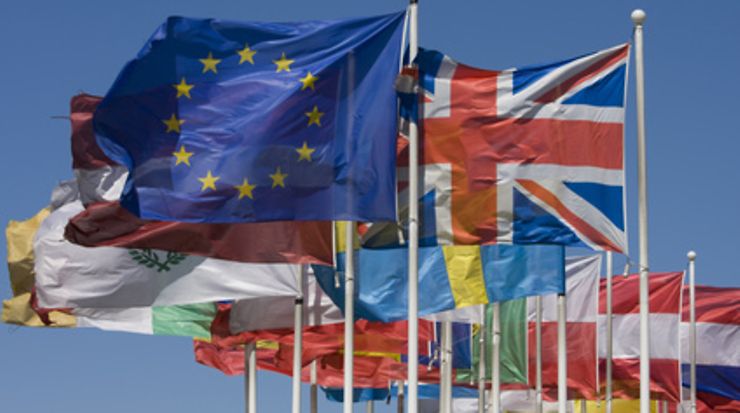DIN in Europe
European standardization

European standardization helps ensure the free flow of goods and the general functioning of the European internal market. The main goal of European standardization is to unify all standards that apply within Europe. At the same time, it also contributes to the success of German companies on the European market. Although European Standards are developed within the European standards bodies CEN, CENELEC (electrotechnical sector) and ETSI (telecommunications), the national standpoint regarding essential content is formed in national committees that "mirror" their European counterparts. In Germany, this work takes place within DIN. This way stakeholders can work together in their own native language - a definite advantage.
According to this "national delegation principle", DIN committees send representatives to work in the respective European committees, ensuring that German interests are well represented at European level.
Because it is active in CEN’s steering bodies, DIN also has an influence on the strategic direction of European standardization. This includes participation at the annual CEN General Assembly, and having permanent seats on CEN's Administrative Board and Technical Board.
In addition to CEN, at European level CENELEC, is responsible for electrotechnical standardization and ETSI is responsible for standardization within the telecommunications sector. These three organizations have signed the "CEN-CENELEC-ETSI Basic Co-operation Agreement" coordinating their work. DIN was one of the founding members of CEN, which today has 33 national members.